The Pros and Cons of Blockchain Development for Web 3.0
Blockchain technology has emerged as a game-changing innovation in the tech industry, with many experts predicting that it will transform the way we do business, socialize, and even vote. The potential applications of blockchain technology are virtually limitless, and developers are increasingly turning to this technology to build decentralized applications that run on Web 3.0. In this article, we’ll take a closer look at the pros and cons of blockchain development for Web 3.0.
Advantages of Blockchain Development
A. Decentralization
The primary advantage of blockchain technology is decentralization. Unlike traditional web applications that rely on a central server or authority, blockchain applications run on a decentralized network of nodes that work together to maintain the integrity of the system. This means that blockchain applications are more secure, transparent, and less prone to censorship or control by a single entity.
B. Transparency
Blockchain technology provides a high level of transparency, as all transactions are recorded on a public ledger that can be accessed by anyone. This makes blockchain technology ideal for applications that require transparency and accountability, such as voting systems, supply chain management, and financial transactions.
C. Security
Blockchain technology is inherently secure, thanks to the use of cryptographic algorithms and protocols that ensure that data cannot be tampered with or altered. This makes blockchain technology ideal for applications that require high levels of security, such as healthcare, finance, and identity verification.
D. Smart Contracts
One of the most powerful features of blockchain technology is smart contracts, which are self-executing contracts with the terms of the agreement between buyer and seller being directly written into lines of code. Smart contracts enable transactions to be completed automatically, without the need for intermediaries or third parties. This can significantly reduce costs, increase efficiency, and improve transparency.
Disadvantages of Blockchain Development
A. Scalability
One of the major challenges of blockchain technology is scalability. As the number of nodes in a blockchain network increases, the time and resources required to validate transactions also increase. This can result in slower transaction times and higher fees, which can make blockchain applications less practical for certain use cases.
B. Complexity
Blockchain development can be complex and requires specialized knowledge and skills, such as cryptography, consensus algorithms, and smart contract programming. This can make blockchain development more challenging and time-consuming than traditional web development.
C. Adoption
Despite the many advantages of blockchain technology, adoption remains a challenge. Many businesses and organizations are still skeptical of blockchain technology and are hesitant to adopt it due to concerns about regulation, security, and scalability.
D. Interoperability
One of the challenges of blockchain development is interoperability. As blockchain networks become more complex, it can be difficult to ensure that different networks can communicate with each other seamlessly. This can make it challenging to develop applications that can interact with multiple blockchain networks.
Blockchain technology has the potential to revolutionize the way we interact online, and the development of decentralized applications on Web 3.0 is an exciting and rapidly-evolving field. However, blockchain development also comes with its own set of challenges, including scalability, complexity, adoption, and interoperability. As blockchain technology continues to evolve, it is likely that these challenges will be addressed, making blockchain development more accessible and practical for a wider range of use cases.

